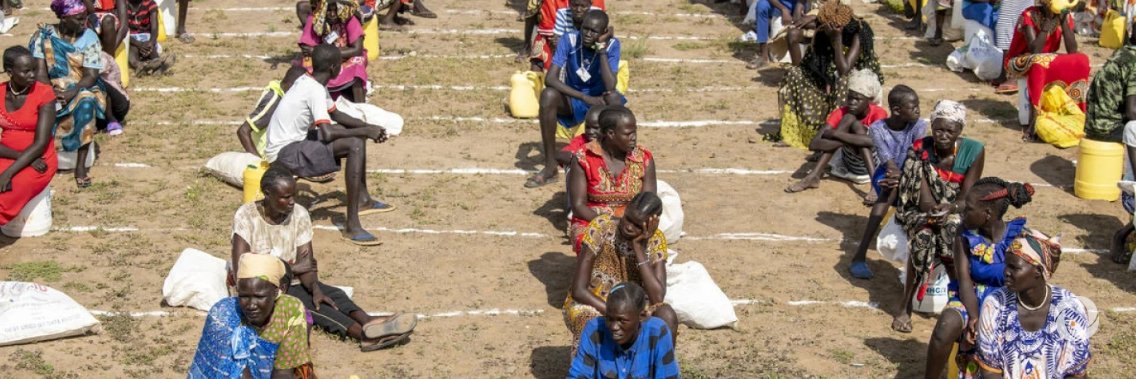UNHCR, the UN Refugee Agency, is ramping up efforts to increase capacity to prevent, treat and limit the potential spread of COVID-19 among refugee communities across the East, Horn and Great Lakes region of Africa, which hosts some of the largest refugee populations in the world.
Living in crowded conditions, without adequate access to water and sanitation facilities, and with precarious livelihoods and food security, refugees in the region are particularly vulnerable to the virus, both in refugee camps and in urban areas.
Following confirmation of the first cases of COVID-19 in South Sudan and Eritrea last week, all countries in the region are now responding to the outbreak. While to date there have been no confirmed cases amongst refugees, asylum-seekers or internally displaced people in the region, the need to be prepared is urgent.
UNHCR is actively engaged with Ministries of Health and other government authorities, and the World Health Organization, on the inclusion of refugees, asylum-seekers and internally displaced people (IDPs) in national response plans. A number of countries in the region already have exemplary policies in place that allow refugees to access public health-care services. However, many refugees live in remote areas many miles from the nearest government health facilities. Others live in small, overcrowded dwellings in densely populated urban areas where they face significant challenges in adhering to guidelines around physical and social distancing.
The outbreak comes on the top of existing emergency conditions in the region, where 60 percent of refugees are experiencing food ration cuts due to underfunding. This may be further exacerbated by breaks in the regular supply chain due to a variety of COVID-19 measures, including border restrictions and controls.
The pandemic is also having a severe impact on refugees’ abilities to work and generate income. Many refugees have seen the business they run or work for, often as day workers, forced to close. Those who rely on cross-border trade have been particularly impacted.
UNHCR is advocating on governments to ensure refugees are included in any emergency social protection schemes, while also exploring possibilities to provide the most vulnerable with one-off cash assistance to help meet basic needs.
Schools across the region have been closed and it is estimated that some one million refugee students are currently out of school. UNHCR is working with government and non-government partners on distance-learning and digital-learning programs, building on existing partnerships with the private sector to provide online learning in Kenya, South Sudan, Tanzania and Uganda.
“We continue to support the efforts of countries across the region, together with UN agencies and NGO partners, maintaining existing programmes where possible, and implementing a number of new measures to address humanitarian needs related to the COVID-19 pandemic.”
All countries in the region have introduced strict movement measures, ranging from border closures to lockdowns and curfews. UNHCR urges these countries, some of which have generously hosted refugees for decades, to continue to provide protection and access to asylum to people fleeing war and persecution during this challenging time.
A part of the broader UN Global Humanitarian Response Plan, UNHCR issued an Emergency Appeal requesting US$255 million for life-saving interventions and preparations in response to COVID-19, of which an initial $15 million has been requested specifically for countries in East and Horn of Africa. UNHCR urges the international community to provide the requested financial support needed to ensure the health and safety of refugees, IDPs and host communities during this crisis.
Original source: UNHCR
Published on 06 April 2020

